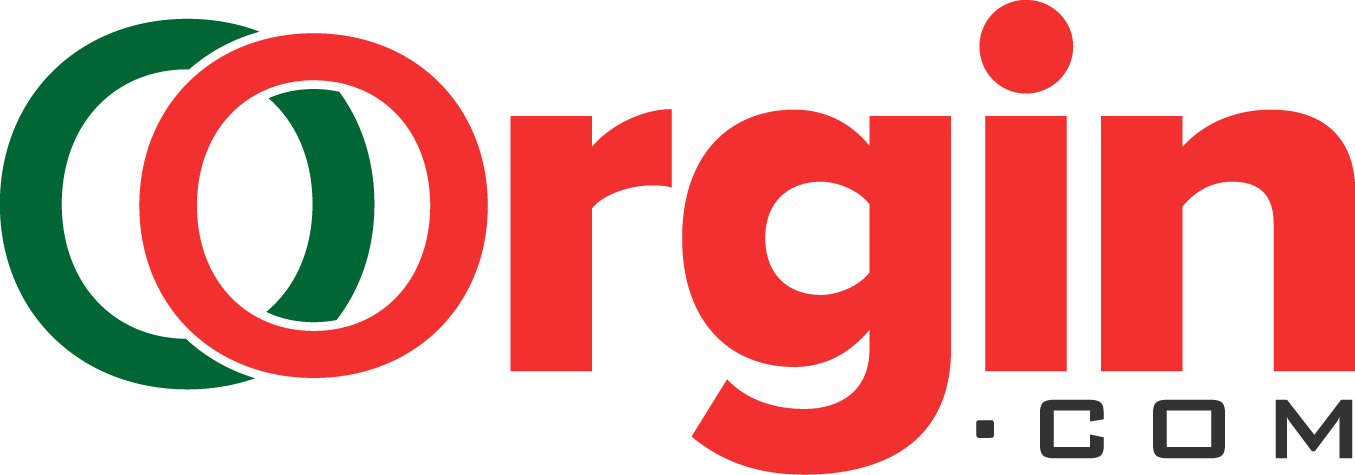Choosing the right educational board for their child is an important decision that confuses many parents in India. The struggle often revolves around the two prominent options – the Central Board of Secondary Education (CBSE) and the Indian Certificate of Secondary Education (ICSE).
Identifying the better option requires analyzing the differences between CBSE and ICSE. In the pursuit of providing the best educational foundation, parents should study the distinctive features of both boards before finalizing their decision. This article will discuss CBSE and ICSE from a comparative angle in an attempt to shed light on their unique characteristics, differences, and similarities.
CBSE's evolution includes embracing Union Territories, innovative exams, and pioneering curriculum changes, showcasing adaptability and a commitment to quality education.
On the other hand, ICSE, founded in 1958 by the Council for Indian School Certificate Examination, administers the ICSE for 10th grade and ISC for 12th grade, emphasizing English instruction.
Adapting to global trends, ICSE introduces diverse subjects and ventures into skill-based courses, positioning itself as a leading educational innovator.
In the landscape of UAE’s school education, both boards adhere to their policies. This creates a difference in the fee structure in Dubai schools. This is courtesy of the fact that ICSE allows relatively more private school affiliations, rendering their overall fee structure higher compared to schools that follow CBSE curriculum in Dubai.
CBSE leans towards theoretical knowledge, suitable for competitive exams like JEE or NEET. In contrast, ICSE prioritizes practical knowledge, offering a more challenging curriculum.
CBSE's structured and compact syllabus is considered easier, while ICSE, with its extensive and well-researched content, is known for a higher difficulty level.
The choice depends on individual preferences, as CBSE focuses on transferability and versatility, while ICSE offers an in-depth, albeit demanding, educational experience.
CBSE relies heavily on final exams, while ICSE integrates continuous assessment, alleviating exam stress.
Language proficiency is a highlight in ICSE due to its English-centric instruction, while CBSE may not emphasize language development as intensely.
ICSE promotes critical thinking early on, while CBSE, in higher classes, involves traditional rote learning.
Post-10th standard, complexities arise as ICSE delves into topics not introduced in CBSE until the 10th grade, creating difficulties in understanding. Additionally, differences in coding languages for Computer Science, focusing on Java in ICSE and Python in CBSE, pose hurdles.
The English subject pattern also differs, requiring three text sources in ICSE. The conceptual depth of ICSE, introduced later than CBSE, demands a robust understanding of prior concepts for successful navigation.
It is advisable to make better decisions at the early stages to avoid such a transition as it always puts the child under a lot of stress both academically and socially.
In conclusion, choosing between CBSE and ICSE demands careful consideration. CBSE, with a structured curriculum, excels in versatility and transferability, ideal for competitive exams. ICSE, with a challenging and in-depth approach, prioritizes practical knowledge.
Each board has its pros and cons, influencing students' educational journeys. Switching between them presents distinct challenges, emphasizing the importance of informed decisions early on to mitigate academic and social stress for students.

Identifying the better option requires analyzing the differences between CBSE and ICSE. In the pursuit of providing the best educational foundation, parents should study the distinctive features of both boards before finalizing their decision. This article will discuss CBSE and ICSE from a comparative angle in an attempt to shed light on their unique characteristics, differences, and similarities.
An Overview
CBSE, initiated after the Calcutta University Commission (1917-19), emerged from the necessity for a national education board. Originating from the U.P. Board, it faced challenges prompting the establishment of the Board of High School and Intermediate Education, Rajputana, in 1929.CBSE's evolution includes embracing Union Territories, innovative exams, and pioneering curriculum changes, showcasing adaptability and a commitment to quality education.
On the other hand, ICSE, founded in 1958 by the Council for Indian School Certificate Examination, administers the ICSE for 10th grade and ISC for 12th grade, emphasizing English instruction.
Adapting to global trends, ICSE introduces diverse subjects and ventures into skill-based courses, positioning itself as a leading educational innovator.
In the landscape of UAE’s school education, both boards adhere to their policies. This creates a difference in the fee structure in Dubai schools. This is courtesy of the fact that ICSE allows relatively more private school affiliations, rendering their overall fee structure higher compared to schools that follow CBSE curriculum in Dubai.
Complexity of Curriculum
The CBSE and ICSE boards differ significantly in complexity.CBSE leans towards theoretical knowledge, suitable for competitive exams like JEE or NEET. In contrast, ICSE prioritizes practical knowledge, offering a more challenging curriculum.
CBSE's structured and compact syllabus is considered easier, while ICSE, with its extensive and well-researched content, is known for a higher difficulty level.
The choice depends on individual preferences, as CBSE focuses on transferability and versatility, while ICSE offers an in-depth, albeit demanding, educational experience.
The Nuances of Pedagogy
CBSE emphasizes core subjects like science and mathematics, offering a structured curriculum. In contrast, ICSE provides a more diverse subject range, fostering a broader knowledge base.CBSE relies heavily on final exams, while ICSE integrates continuous assessment, alleviating exam stress.
Language proficiency is a highlight in ICSE due to its English-centric instruction, while CBSE may not emphasize language development as intensely.
ICSE promotes critical thinking early on, while CBSE, in higher classes, involves traditional rote learning.
Challenges in Switching from CBSE to ICSE
Transitioning from CBSE to ICSE poses challenges at various stages. Before 9th standard, the shift introduces a rise in subjects like Physics, Chemistry, and Biology separately.Post-10th standard, complexities arise as ICSE delves into topics not introduced in CBSE until the 10th grade, creating difficulties in understanding. Additionally, differences in coding languages for Computer Science, focusing on Java in ICSE and Python in CBSE, pose hurdles.
The English subject pattern also differs, requiring three text sources in ICSE. The conceptual depth of ICSE, introduced later than CBSE, demands a robust understanding of prior concepts for successful navigation.
It is advisable to make better decisions at the early stages to avoid such a transition as it always puts the child under a lot of stress both academically and socially.
In conclusion, choosing between CBSE and ICSE demands careful consideration. CBSE, with a structured curriculum, excels in versatility and transferability, ideal for competitive exams. ICSE, with a challenging and in-depth approach, prioritizes practical knowledge.
Each board has its pros and cons, influencing students' educational journeys. Switching between them presents distinct challenges, emphasizing the importance of informed decisions early on to mitigate academic and social stress for students.

